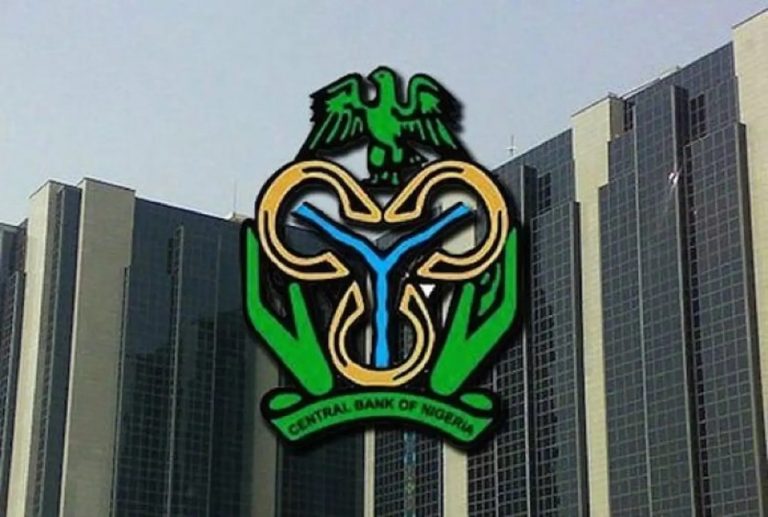
In a bid to bolster transparency and regulatory compliance in the Nigerian financial sector, the Central Bank of Nigeria (CBN) has taken decisive action by mandating Microfinance Banks (MFBs), Primary Mortgage Banks (PMBs), and Development Financial Institutions (DFIs) to submit monthly financial returns through the FinA application or face sanctions.
This latest directive is one of several others issued by the CBN recently, underscoring its commitment to upholding the integrity of Nigeria’s financial system and ensuring effective oversight of financial institutions operating within its jurisdiction.
The directive was communicated through three separate letters signed by Dr. Valentine Ururuka, the Director of the Financial Policy and Regulatory Department at the CBN. These letters served as a stern warning to financial institutions falling under the specified categories, urging them to adhere strictly to regulatory guidelines.
Tekedia Mini-MBA edition 14 (June 3 – Sept 2, 2024) begins registrations; get massive discounts with early registration here.
Tekedia AI in Business Masterclass opens registrations here.
Join Tekedia Capital Syndicate and invest in Africa’s finest startups here.
In one of the letters addressed to Microfinance Banks, the CBN expressed concern over the recurring issue of late or non-rendition of periodic returns on FinA. Quoting Section 24 of the Banks and Other Financial Institutions Act (BOFIA), 2020, the CBN reminded MFBs of their obligation to submit monthly FinA returns by the 5th day after the end of each month.
The letter also outlined the potential consequences of non-compliance, stating, “Consequently, all MFBs are to ensure that their monthly FinA returns are submitted on or before the 5th day after the month end. Where the 5th day falls on the weekend or public holiday, returns shall be submitted the previous work day.
“You are strongly advised to ensure timely rendition of all regulatory returns as future breaches shall be sanctioned.”
Similar warnings were issued to Primary Mortgage Banks and Development Financial Institutions, highlighting the imperative of timely submission of financial returns in accordance with relevant regulations. PMBs and DFIs were reminded of their obligations under BOFIA, 2020, and urged to ensure prompt submission of monthly FinA returns to avoid penalties.
This directive is just one of the regulatory measures implemented by the CBN to promote transparency and accountability in the Nigerian financial system. In recent years, the CBN has introduced several initiatives aimed at enhancing regulatory oversight and strengthening risk management practices across the banking sector.
One such initiative is the implementation of the Bank Verification Number (BVN) system, which serves as a unique identifier for bank customers, and the current linking of it with the National Identification Number (NIN). The move is aimed at curbing fraudulent activities such as identity theft and money laundering.
Additionally, the CBN has introduced stringent Know Your Customer (KYC) requirements to ensure that financial institutions have adequate information about their customers to mitigate risks associated with illicit financial transactions.
Furthermore, the CBN has enhanced its regulatory framework for corporate governance, requiring banks and other financial institutions to adhere to strict governance standards to promote accountability and sound business practices. This includes measures such as the adoption of risk-based supervision and the establishment of independent audit committees to oversee financial reporting and internal controls.
The CBN’s proactive approach to regulatory oversight under current governor Yemi Cardoso is believed to be a reflection of its commitment to maintaining stability and integrity in the Nigerian financial system. This has become imperative given the messy malfeasance that allegedly characterized Nigeria’s financial system under the watch of former governor of the CBN, Godwin Emefiele.
Financial experts say by enforcing stringent regulations and promoting transparency, the CBN will foster investor confidence, safeguard depositor funds, and support sustainable economic growth in Nigeria.



